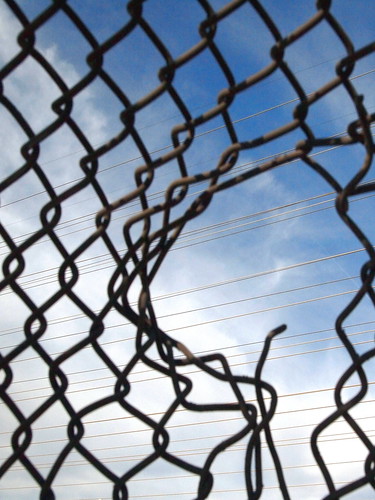In Trinidad and Tobago, there is much discussion about crime because… well, there’s been a lot of crime, so much so that there’s a Wikipedia page on crime in Trinidad and Tobago. Every administration blames the last administration, playing checkers for getting elected, but the crime has risen through all involved political parties running things over the past 3 decades.
The latest stab – or shot – at crime seems to be giving everyone gun licenses. On the surface, it gives a lot of people a sense of security to be able to get something only criminals seem to have. Right after an election, any criticism of the present government is seen as ‘anti-UNC’ – the political party that won was UNC. Just as any criticism of the past administration was seen as ‘anti-PNM’.
It’s a tired way of shutting down valid conversations. I have seen it in every country I’ve lived in or visited. Group-think offers comfort, and that comfort rivals religion in its power.
I do not care for politics. Both major parties are interchangeable to me. I criticize what I know in the hope that something useful can grow through the cracks in the political concrete.
My Criticism Of Stand Your Ground Laws and Firearm User License Propagation.

Really, I don’t have much criticism of these ideas. I myself applied for a weapon more than once in Trinidad and Tobago some decades ago, where I was told behind closed doors who to bribe and who I would have to buy the gun from. Oddly, the present political party in charge then is the same party.
I do not have much issue with the idea of responsible gun ownership. I myself applied for a firearm license in Trinidad and Tobago more than once, decades ago. I was told who to bribe and who I would need to buy the weapon from.
My applications were “lost.”
I got the bureaucratic shuffle that corruption feeds on.
The thing about it is that I have owned guns in the United States for decades. I am a U.S. Navy veteran and having worked with the United States Marine Corps as their Corpsman, I got not only to train further with weapons but also further in dealing with the wounds. In essence, I know what I’m talking about.
The criticism is here: with more firearms licenses comes more guns to civilians. Training requirements aren’t very high, and the understanding of the responsibility of having a weapon is not seemingly making the rounds as much as the political grandstanding.
My Criticism of Stand Your Ground Laws and Firearm License Expansion
Legal access to guns means new risks. People who did not have firearms before could now shoot themselves or someone else by accident.
It might not happen often. It might happen frequently. But it will happen.
That risk depends entirely on how good the training is.
No one is talking about that. They should be.
Continue reading
